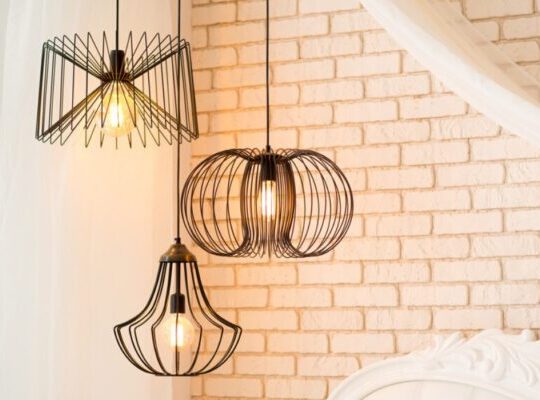Choosing the right digital camera can be daunting, especially for beginners. With so many options available, it’s easy to feel overwhelmed by technical jargon and conflicting advice.
This guide aims to simplify the process by breaking down the key features you need to consider and providing tips on how to pick the perfect camera for your needs and budget.
Define Your Photography Style
Before diving into technical specs, take some time to reflect on your photography goals. What kind of photos do you want to take? Are you interested in landscapes, portraits, wildlife, or something else entirely?
Understanding your style will help you narrow down the camera options and focus on features that are most important for your type of photography.
Sensor Size and Image Quality
The sensor is the heart of any camera, responsible for capturing light and converting it into digital images. Its size plays a crucial role in determining image quality, especially in low-light conditions.
Generally, larger sensors produce sharper, cleaner images with less noise. However, they also come in larger and more expensive cameras.
Megapixels: Don’t Get Fooled by the Numbers
Megapixels measure the number of pixels on the sensor, but they are not the sole indicator of image quality. A higher megapixel count doesn’t necessarily translate to better photos.
For most everyday uses, 12-16 megapixels are sufficient. However, if you plan to print large format photos or crop your images significantly, you might consider a higher megapixel count.
Lens Flexibility: Zoom and Interchangeable Lenses
The lens determines the angle of view and how much light reaches the sensor. It also plays a significant role in the overall quality of your images.
Consider your preferred shooting style when choosing a lens. Do you need a wide zoom range for capturing landscapes or action shots? Or do you prefer the flexibility of interchangeable lenses for different types of photography?
Viewfinder and LCD Screen
The viewfinder allows you to frame your shot and see your subject through the lens, while the LCD screen provides a preview of your image and allows you to access camera settings.
Consider the size and resolution of both the viewfinder and LCD screen, especially if you wear glasses or plan to shoot in bright sunlight.
Autofocus and Shooting Modes
Autofocus ensures your subject is sharp and in focus. For fast-moving subjects, consider cameras with faster autofocus speeds.
Shooting modes allow you to choose pre-programmed settings for specific shooting conditions, such as landscape, portrait, or sports. This can be helpful for beginners who are still learning about camera settings.
Video Recording Capabilities
Many modern cameras offer high-quality video recording. Consider your video needs when making your decision. Do you want to record 4K video for professional projects, or is basic HD resolution sufficient for family videos and social media?
Budget and Additional Features
Finally, consider your budget and prioritize features that are most important to you. Additional features like built-in Wi-Fi, image stabilization, and weather sealing can be useful but may come at a premium price.
Tips for Choosing the Best Camera:
Do your research and compare different models before making a decision.
Read reviews and watch camera comparisons online.
Try out different cameras in person to get a feel for their size, weight, and ergonomics.
Don’t get too caught up in technical specifications – focus on features that are important to your photography style and budget.
Consider purchasing a used camera to save money.
Invest in a good quality lens – it will have a greater impact on your image quality than the camera body itself.
Join online photography communities to learn from other photographers and ask questions.
Final Thoughts
Choosing the right camera can be a fun and rewarding experience. By understanding your needs and preferences, you can find the perfect camera that will help you capture amazing memories for years to come. Remember, the best camera is the one you enjoy using the most!












